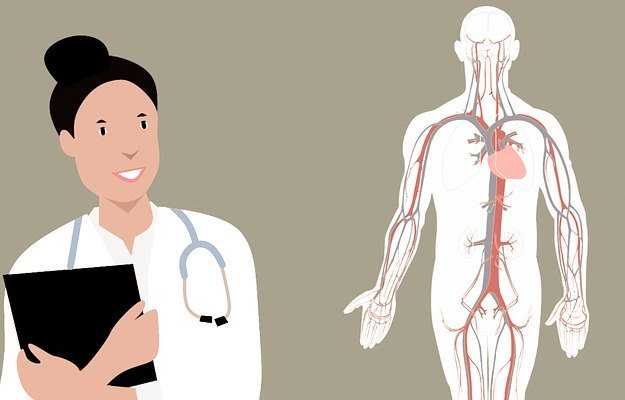What are diagnostic agents?
Diagnostic agents are substances used to test the body’s functions and look for diseases. They include organic or inorganic chemical compounds, biochemicals, dyes and stains, and radioactive tracers. They help detect changes in body functions. They are classified into different groups based on the purpose of the agent. Diagnostic agents also help confirm the usage of a differential diagnosis method for diagnosis of a disease.
How are they used?
Diagnostic agents have the following role:
- Organic and inorganic compounds:
- Tissue culture grade
- Bacteriological agent
- Histology tests
- Determination of cholesterol levels
- Dyes and stains
- Cytochemical staining
- To stain mammalian tissues
- Reagent dyes
- Urine analysis
- Staining agents
- Malarial and blood parasites
- Histological staining agent
- Culture-media
- Isolation and identification of bacteria
- Sterility testing
- Selective isolation and cultivation of bacteria
- Differential isolation of bacteria
- Radioactive tracers
- Blood pool imaging
- Tumour seeking agent
- Bone mineral analyser
- To determine fat absorption
What diseases are they used to diagnose?
Diagnostic agents are used in diagnosing the following diseases:
- Bacterial infections
- Cancer
- Cardiac abnormalities
- Bone marrow disease
- Kidney diseases
- Urinary tract infections
- Peripheral vascular disease
- Diabetes
- Mental disorders like Alzheimer’s disease
- Blood diseases including anaemia and leukaemia
- Meningitis
- Malaria, dengue, and chicken guinea
- Imaging of organs like brain, breast, head, kidneys, thyroid and liver
- Wilson’s disease
Why are they used?
Diagnostic agents are used in a lab on blood, stool, spit, urine and other body fluid or tissue samples. These agents are used to diagnose various conditions. The diagnostic agents undergo reactions and provide specific quantitative and qualitative results, which indicate the presence of a disease. These results obtained help assess the patient’s health condition and identify the presence of a disease, determine the spread of disease and assess the efficacy of ongoing medications. Thus, diagnostic agents help in achieving proper clinical reasoning and plan the course of treatment.

 OTC Medicines for Diagnostic agent
OTC Medicines for Diagnostic agent















